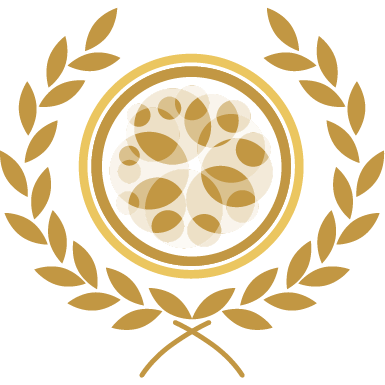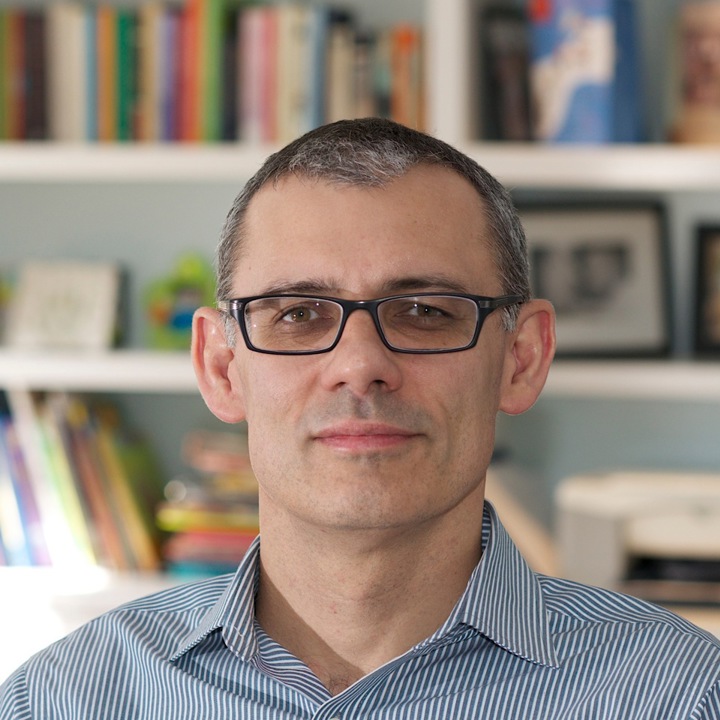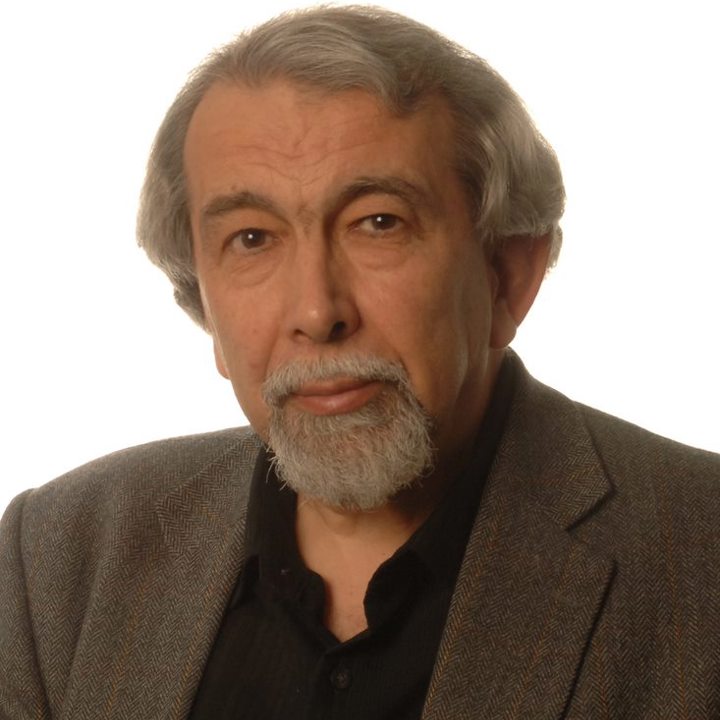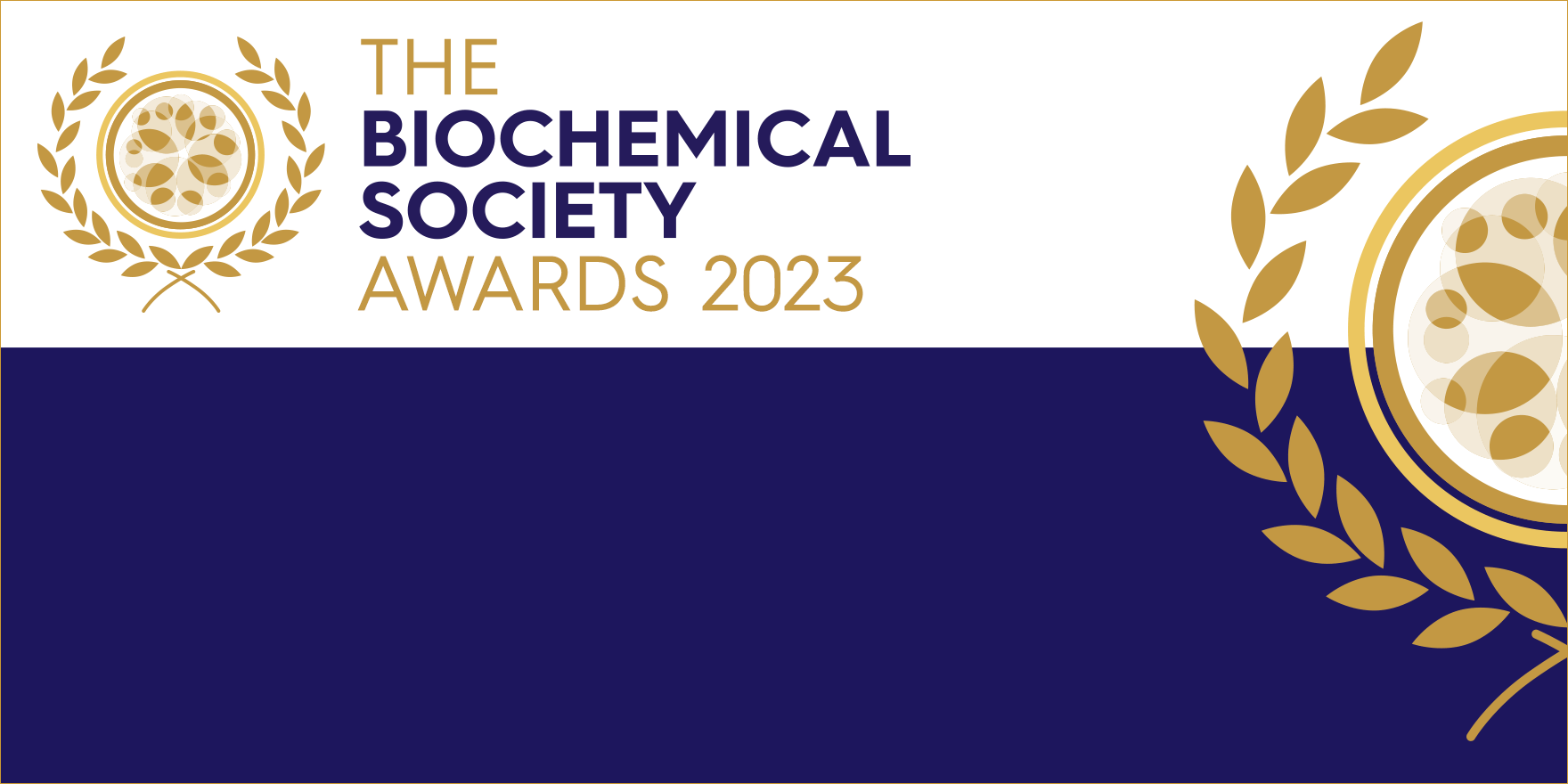
Biochemical Society Awards
Biochemical Society Awards are presented annually to individuals, teams, and organisations in two categories: ‘Significant Breakthrough or Achievement’ and ‘Sustained Excellence’.
This award was initially introduced in 2001 with the intention of widening recognition of excellence to span more diverse fields of endeavour within, or related to, the molecular biosciences. In 2022, the remit was widened to accept nominations in two categories: ‘Significant Breakthrough or Achievement’ and ‘Sustained Excellence’. Biochemical Society Awards are now presented annually to individuals, teams, and organisations.
The recipient is given:
- A grant to attend a relevant event or training course
- A trophy or medal
- The opportunity to present a lecture at a Society event or webinar
- An invitation to submit an article to one of our journals, with any fees waived
Eligibility criteria:
- Awarded annually
- Open to all fields of endeavour within, or related to, the molecular biosciences
- Nominations are welcomed for two categories: ‘Significant Breakthrough or Achievement’ and ‘Sustained Excellence’
- Nominees must demonstrate commitment to build, support, and nurture future talent
- Nominees would typically be mid-career to senior
- Open to nominees based in the UK or internationally
- Open to individuals, teams, and organisations
The Awards Committee will consider the following aspects of all nominations for the Biochemical Society Awards as appropriate:
- Originality of research
- Impact and scope of research
- Quality of outputs – publications and/or patents and/or software
- Commitment to build, support, and nurture future talent, e.g., mentorship
- Other indicators of esteem demonstrated by the nominator

Nominations for the 2024 Awards have now closed.
The Biochemical Society Awards programme is presented annually. Find out how to nominate in a future round.
How to NominateContact us
For further information please get in touch with the Awards department.
Related content
5 itemsRecipients
Dominika Grauska
For being an outstanding scientist in the field of something or other
Dominika Grauska
Bio Heading
This is a block that can be used as a bio paragraph.
David Pye
David Pye

Bio Block
A bio paragraph.
Janet Thornton
Janet Thornton

The 2021 Biochemical Society Award was presented to Professor Dame Janet Thornton at the European Bioinformatics Institute, Cambridge, UK. Janet is a Senior Research Scientist at the European Molecular Biology Laboratory – European Bioinformatics Institute on the Wellcome Trust Genome Campus at Cambridge, UK. She was Director of the Institute from 2001-2015 and is currently the ERC’s Vice President for Life Sciences. Janet’s research is focused on proteins, especially their structure, function and evolution. She is a computational biologist, working at the interface of biology with physics, chemistry, and computing. This includes a detailed analysis of enzyme biocatalysts, their mechanisms and the evolution of new catalytic functions; the impacts of genetic variation on protein structure and function and studies on the molecular basis of ageing.
Janet Thornton presented her award lecture ‘Computational enzymology, structure function and evolution of enzymes’ as part of the Biochemistry Focus webinar series. View the recording.
On winning the Biochemical Society Award, Janet said: “I am delighted to be chosen for this Biochemical Society Award for computational methods leading to advancing the understanding of biomolecular sciences. This is a real honour for me – and for all the people with whom I have worked. For me to see, to understand and to be inspired by the beauty of protein structures and their incredibly complex biology has been a real pleasure. To be recognised by the Biochemical Society adds much to that pleasure.”
Paul Bieniasz
for ‘demonstrating the use of biochemistry in helping combat infectious diseases’
Paul Bieniasz

The 2019 Biochemical Society Award was presented to Paul Bieniasz from The Rockefeller University, USA. Paul has made major contributions to our understanding of HIV-1 replication. His group helped to elucidate how the ESCRT proteins are recruited by HIV-1 and other viruses to drive particle release, resolved controversies over the location in the cell where HIV-1 virion assembly occurs and illuminated how HIV-1 packages its RNA genome. With collaborators he developed techniques that allowed the first moving images of the genesis of individual virus particles in living cells to be captured. His group has also discovered several host antiviral mechanisms, including proteins that prevent the release of viral particles from cells, inhibit nuclear import of incoming HIV-1 DNA and enable recognition and elimination of non-self RNA molecules based on their nucleotide composition. His group used knowledge of host variation in antiviral proteins to break host range barriers and develop a macaque model of HIV-1 infection. He has also pioneered the field of ‘paleovirology’, showing that extinct retroviruses and their proteins can be resurrected in functional form from molecular fossils that are present in modern genomes.
Of winning the Biochemical Society Award, Paul said “I am surprised and delighted to be receiving the Biochemical Society Award. This honor recognizes the efforts and achievements of colleagues, past and present, as much as it does my own work. I am especially grateful to my wife and scientific partner, Theodora Hatziioannou, who has made me a better man and a better scientist”.
Keith Gull
for ”‘Biochemistry plus.’’ An outstanding individual who has not only achieved as stellar research scientist, but who has also undertaken activities that have had substantial impact in bioscience related areas outside the laboratory’
Keith Gull

The 2017 Biochemical Society Award was awarded to Keith Gull from the Sir William Dunn School of Pathology, University of Oxford. Keith has a special interest in the biochemistry of the microtubule cytoskeleton, cell motility and division. He has made a major contribution to understanding the molecular components of the microtubule cytoskeleton and how it operates in flagellar motility, cell division, and morphogenesis of the African trypanosome. His work has led to the establishment of novel insights into the evolution of the cytoskeleton and its components. He has served on numerous government, learned society and medical charity committees as well as the governing bodies and science advisory committees of many institutes in the UK and Europe. He has had a long-term interest in graduate education and the careers of young scientists. Professor Gull has organised many courses for young African scientists in sub-Saharan Africa.
Nick Lane
for ‘a sustained and diverse contribution to the molecular life sciences, with a special emphasis on education and/or the public understanding of science’
Nick Lane

Tom Blundell
for ‘an outstanding contribution to the development and management of UK molecular bioscience’
Tom Blundell

Discover Sir Tom Blundell's article published in Biochemical Society Transactions:
Michael Berridge
as ‘a candidate whose research has had a transformative effect on biochemical research’
Michael Berridge

Discover Sir Michael Berridge's article published in Biochemical Society Transactions:
Calcium signalling remodelling and disease
Gurdyal Besra
for ‘work carried out by a UK scientist that has advanced health in the developing world’
Gurdyal Besra

Martin Raff and Gregory Winter
for ‘scientists who have successfully challenged dogma, created a new field of thinking, elucidated a paradigm or made a fundamental change to established thinking’
Martin Raff and Gregory Winter

David Lane
for ‘basic biochemical research and its exploitation for the benefit of society’
David Lane

Steven P.R. Rose and Bernard Dixon
for ‘scientific communication in the public domain’
Steven P.R. Rose and Bernard Dixon

Test Doe
Test Doe



